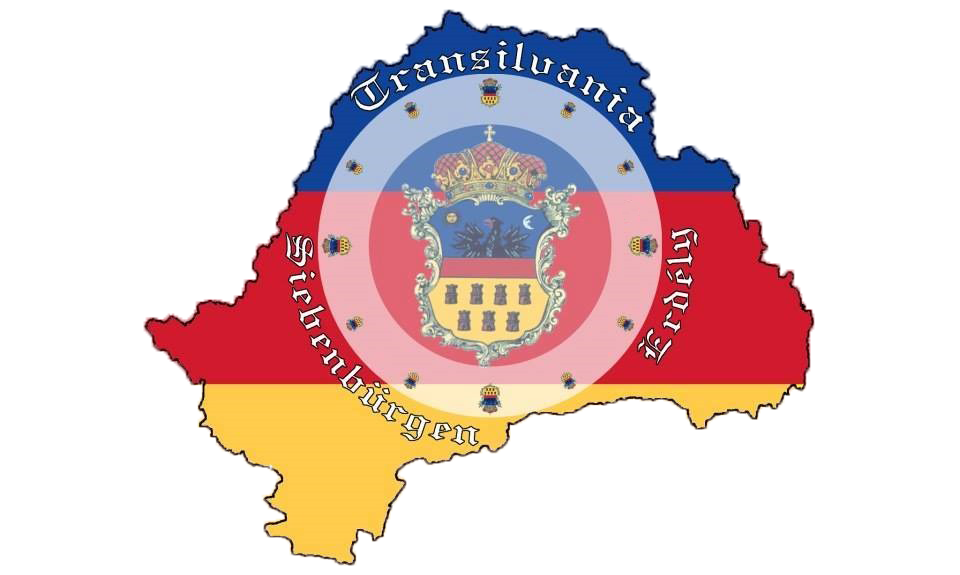Cultural genocide refers to the systematic destruction of the culture, identity and way of life of an ethnic, national, religious or cultural group, without necessarily involving the physical extermination of members of that group. Rather than being physically eliminated, individuals are deprived of the essential elements that define their collective identity, such as language, traditions, history, history, religion, and cultural practices.
Elements of cultural genocide may include:
Suppression of language: the imposition of another official language and prohibition of the use of the mother tongue in schools, institutions, and public life.
Destruction of cultural and religious symbols: Destruction of monuments, churches, mosques, synagogues, and other important cultural and religious sites or artifacts.
Prohibition of traditions: Suppression of celebrations, rituals, customs or any practice related to the cultural identity of a group.
Indoctrination and forced assimilation: The imposition of an alternative education system that minimizes or distorts the history and culture of a group in order to force members of that group to adopt the dominant culture.
Separating children from their families: Removing children from their families to educate them in institutions that promote a different culture, separating them from their cultural heritage.
Historical examples of cultural genocide:
The policy of assimilation of indigenous peoples in North America and Australia: Indigenous children were taken away from their parents and placed in re-education schools where they were forbidden to speak their language or practice their traditions.
Sinicization of Tibet: China’s policies of integrating Tibet, which have included the suppression of the Tibetan language and Buddhist religious practices, are often considered forms of cultural genocide.
Policies of Russification in the Soviet Union: Under Stalin, ethnic minority groups were forced to give up their language and culture, promoting Russian culture and language in all aspects of public life.
Cultural genocide has no formal definition in international law similar to physical genocide, but it is recognized as a serious form of abuse against an ethnic or cultural group and is sometimes linked to processes of colonialism and imperialism.


 Română
Română Magyar
Magyar